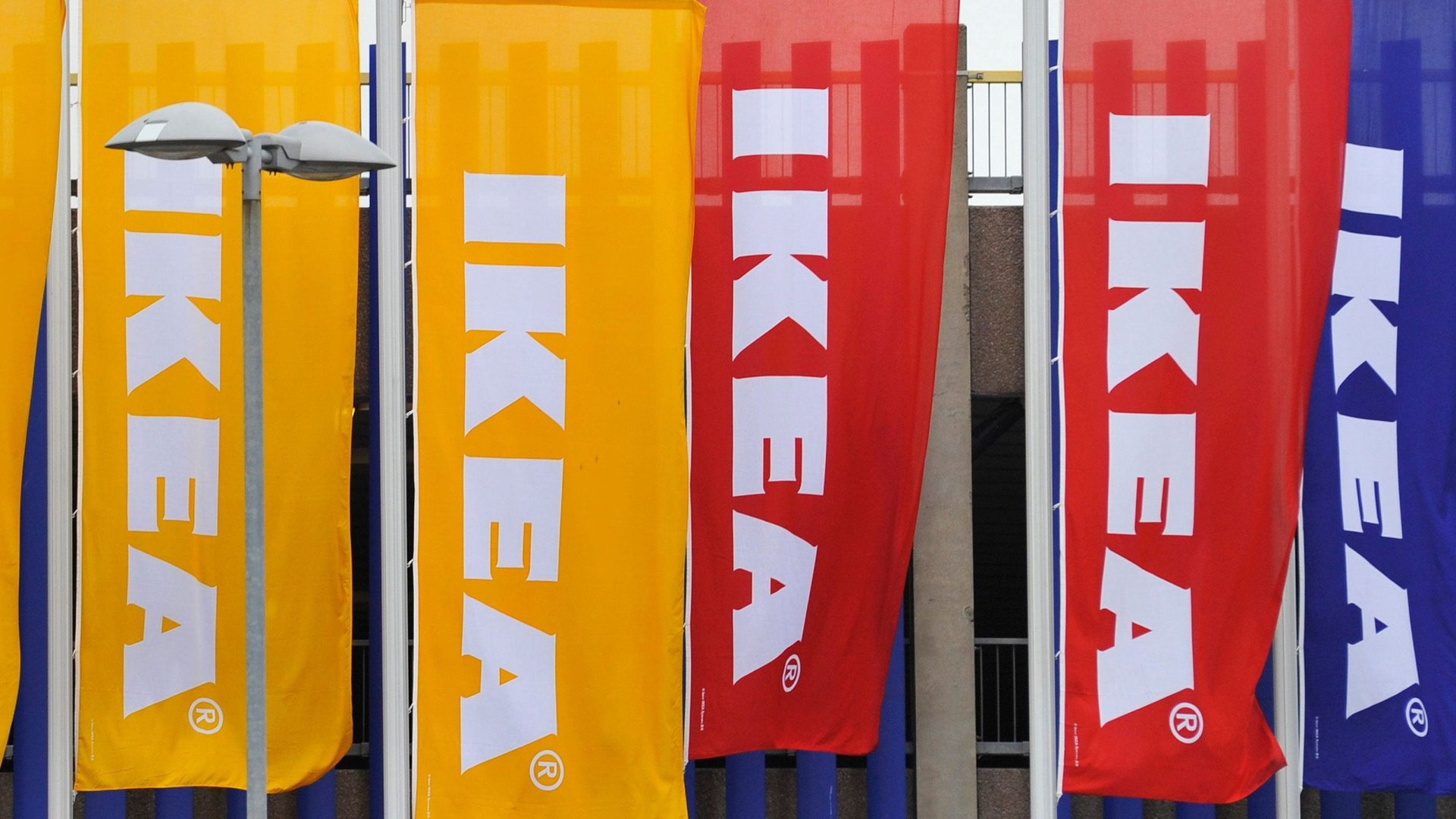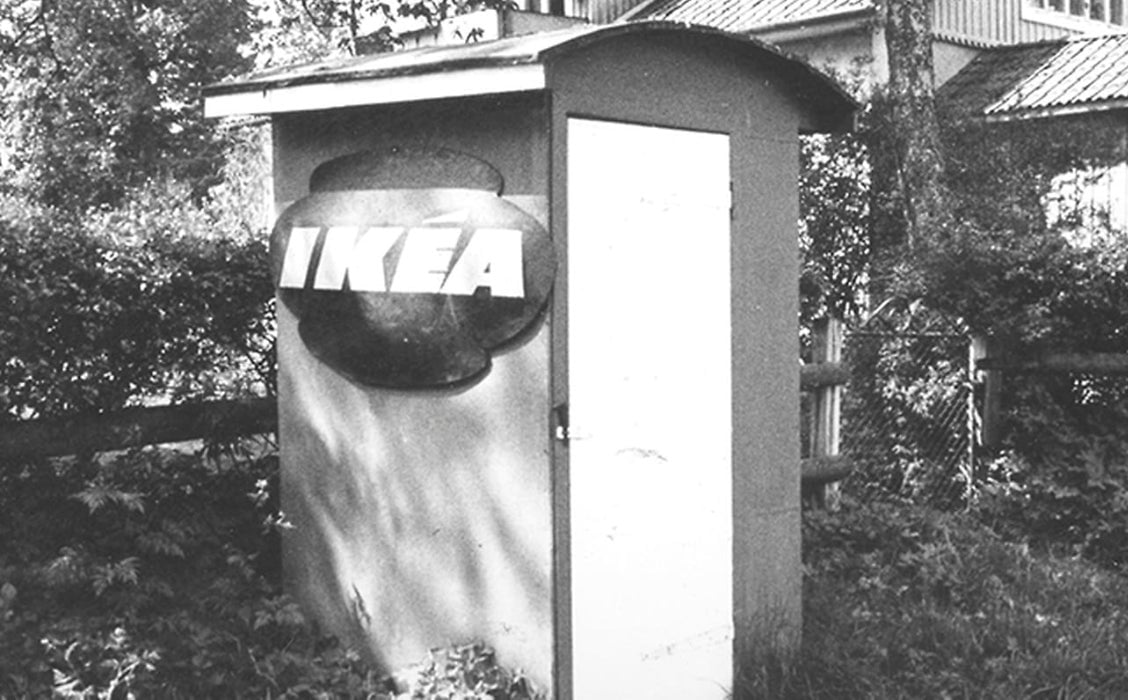For its 75th anniversary, it’s about time we learn how to pronounce “IKEA”
IKEA is celebrating its 75th anniversary this year. What started as an enterprising teen’s mail-order business in rural Sweden is now the world’s largest furniture company. Last year, it posted $44.43 billion (€38.3 billion) in retail sales from over 400 megastores in 49 markets.


IKEA is celebrating its 75th anniversary this year. What started as an enterprising teen’s mail-order business in rural Sweden is now the world’s largest furniture company. Last year, it posted $44.43 billion (€38.3 billion) in retail sales from over 400 megastores in 49 markets.
But despite IKEA’s global dominance, much of world still can’t correctly pronounce its name.
“IKEA” is an acronym for the founder’s name, Ingvar Kamprad; the name of his family farm, Elmtaryd; and the location of that farm, in the village of Agunnaryd, in Småland, Sweden. “When Ingvar founded IKEA in 1943, he of course pronounced it with a typical Swedish accent: “Eee-KEH-Yah,” explains a spokesperson to Quartz.
It’s not “AYE-kee-yah,” as English speakers pronounce it, or “IK-yah,” as the Japanese might say.
At the July 3o IKEA catalog launch in New York City, a life-size replica of young Kamprad’s first backyard office gave a clue to how he intended his enterprise be called. On the side of a windowless shack was a large marquee showing the company’s logo, designed by Kamprad himself. Note the acute accent on the letter E.


It’ll take some practice to retrain our tongues, but the increasingly globally minded Swedish company isn’t particularly anxious to correct the longstanding error. “It’s only natural that people pronounce ‘IKEA’ and the Swedish names of its products with a local accent,” says a spokesperson. “That’s absolutely ok!”
Even Kamprad, who passed away in January, was at peace with the differing pronunciations of IKEA around the world. Around the time IKEA began expanding internationally in the late 196o’s, the accent on the “e” curiously disappeared from the logo.

IKEA’s lax attitude toward the pronunciation of its name runs counter to that of other global brands that have insisted on one pronunciation. When Hyundai first entered the US market, it obsessed over getting Americans to use the Korean pronunciation “High-yoon-day,” Fearing that the name was too close to “Honda,” the company ran advertising campaigns using the Korean pronunciation, only to cede in the end to the American “Hun-day.”
“After a good fight, Hyundai learned the sometimes annoying truth that correct pronunciation is often determined democratically,” explains international management professor Adam Wooten in Desert News. “In fact, there are many times in daily life where fighting for original, ‘correct’ pronunciation is futile and adapting our pronunciation to the will of the majority may be best.”